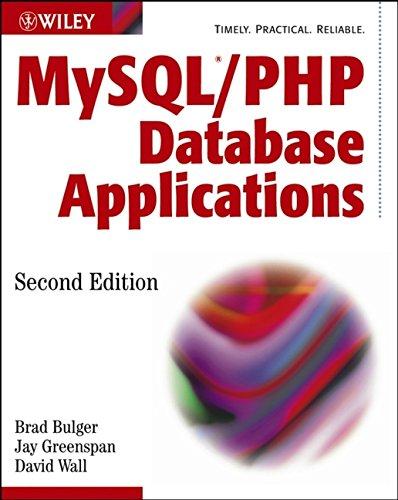Question
Task 1: Frequency Analysis (100 points) The cryptanalyst can benefit from some inherent characteristics of the plaintext language to launch a statistical attack. For example,
Task 1: Frequency Analysis (100 points)
The cryptanalyst can benefit from some inherent characteristics of the plaintext language to launch a statistical attack. For example, we know that the letter E is the most frequently used letter in English text. The cryptanalyst finds the mostly-used character in the ciphertext and assumes that the corresponding plaintext character is E. After finding a few pairs, the analyst can find the key and use it to decrypt the message. To prevent this type of attack, the cipher should hide the characteristics of the language. Table 1 contains frequency of characters in English.
Table 1 Frequency of characters in English
Cryptogram puzzles are solved for enjoyment and the method used against them is usually some form of frequency analysis. This is the act of using known statistical information and patterns about the plaintext to determine it. In cryptograms, each letter of the alphabet is encrypted to another letter. This table of letter-letter translations is what makes up the key. Because the letters are simply converted and nothing is scrambled, the cipher is left open to this sort of analysis; all we need is that ciphertext. If the attacker knows that the language used is English, for example, there are a great many patterns that can be searched for. Classic frequency analysis involves tallying up each letter in the collected ciphertext and comparing the percentages against the English language averages. If the letter "M" is most common then it is reasonable to guess that "E"-->"M" in the cipher because E is the most common letter in the English language. These sorts of clues can be bounced off each other to derive the key and the original plaintext. The more collected cipher text the attacker has, the better this will work. As the amount of information increases, its statistical profile will draw closer and closer to that of English (for example). This sort of thing can also be applied to groups of characters ("TH" is a very common combination in English for example). The example frequency analysis image above was performed on the first three sentences of this paragraph turned into a cryptogram. As you can see, the English language is very predictable with regard to letter frequency and this can exploited in some situations to break ciphers.
The goal of this lab is to gain a better understanding of a statistical attack by programming some of the important components to analyze/manipulate arrays of characters.
Lab Questions
- What type of cipher is this program useful for breaking?
- In this type of cipher, the relationship between characters in the plaintext and characters in the ciphertext is __________.
- List the frequencies for the top 4 characters found in the given ciphertext:
MKLAJZHAIUQWKHJABZNXBVHAGKFASDFGALQPIWRYIOQYWIERMASVZMNBZXCKJASDFGLKJFHWQERYIOQWTYIOASUDYFLASKJDHFZMZVBCXMVQLWERYIQRASDFQIWUERYIHKMFMAKHLSDFYUIOQWYREIORYIWQEUFHAKDFHLKASHFKVBBBNASMDFSADFWQEUYRUUEYRUUUQKASJHFKJDSHFSNBNBNBNBABABAAASKJFHLKJSADHFIDUASFOYDASIYFQWERBQWBRKLJLKASSADFDFDASDA
- Break the cipher text given in the following. What is the plaintext? What is the key?
OTWEWNGWCBPQABIZVQAPMLJGZWTTQVOBQUMAPMIDGZCAB
EQVBMZLZIXMLAXZQVOQVLMMXAVWEIVLLIZSNZWAB
JQZLWNLMTQOPBVIUMLGWCBPAEQNBTGTMNBBPMVMAB
ITIAKWCTLVBBQUMQBEPQTMQBEIAQVUGBZCAB
What To Turn in:
A zip file named lastname_firstname_Project2.zip, containing:
- Source code with screenshots showing successful decryption
- A text file or Word document containing yours answers to the Lab Questions
Step by Step Solution
There are 3 Steps involved in it
Step: 1

Get Instant Access to Expert-Tailored Solutions
See step-by-step solutions with expert insights and AI powered tools for academic success
Step: 2

Step: 3

Ace Your Homework with AI
Get the answers you need in no time with our AI-driven, step-by-step assistance
Get Started


